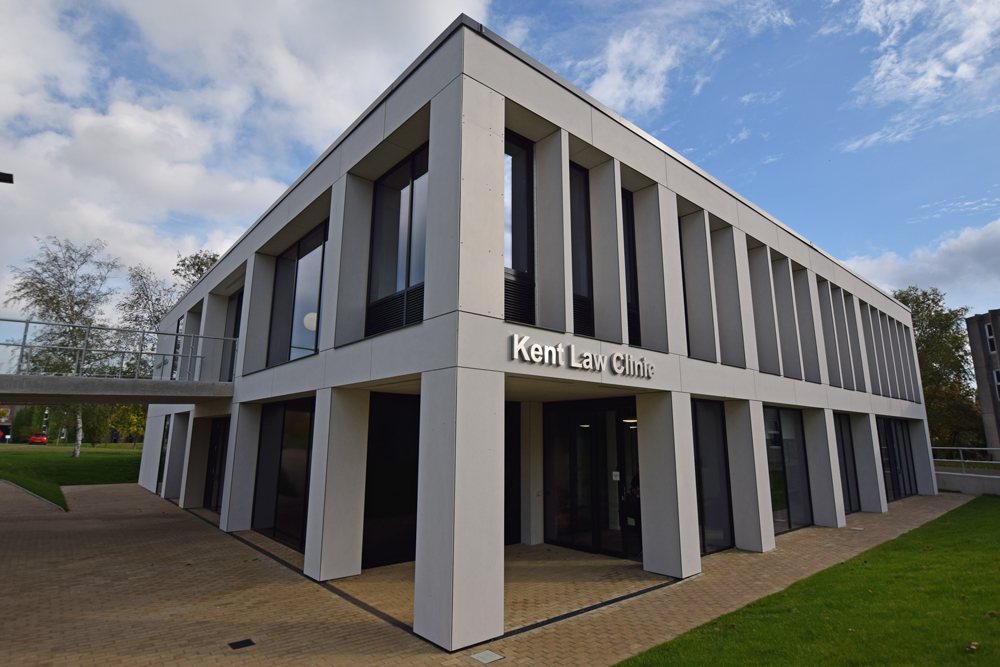Student case workers at Kent Law Clinic have won thousands of pounds in compensation for two separate clients who would not otherwise have access to legal representation against the Criminal Injuries Compensation Authority.
Kent Law School student Chantal Davison (now graduated), working under the supervision of the then Kent Law Clinic solicitor Dr Lucy Welsh took up a case for a man who, whilst living in the UK, was assaulted twice. He sustained both physical and psychiatric injuries and was initially awarded compensation of around £14,000.
Although the award was substantial there was further compelling medical evidence to show that his condition was severely disabling, leaving him unable to work with a poor prognosis for recovery. Kent Law Clinic argued this warranted a higher award. Also, having left the UK, he had to pay substantial medical costs which fell to be compensated under the Criminal Injuries Compensation Scheme as ‘special expenses’.
The issue for the Law Clinic’s team centred on establishing that their client’s injuries were a direct result of the crime of violence he had suffered. Based on their representations and further evidence submitted, the award offer was increased to £47,000. The Criminal Injuries Compensation Authority (CICA) accepted the extent of the injuries but the strict rules on payments for future loss of earnings meant that no offer was made in this regard, and the amount awarded is unlikely to meet the lifetime of medical expenses the client will face.
In a second CICA case, a Law School student (now graduated) Adrienne Ford, again under the supervision of Dr Welsh, made the initial legal representations to CICA on behalf of a woman who was a survivor of familial abuse as a child and young adult. This client had originally been told by CICA that she was not eligible under the Scheme as she was outside the two year time limit for bringing a claim.
The Law Clinic had to advise the client to forgo her claim for the early years of abuse because these offences took place before 1979 because she would not have been eligible due to CICA scheme rules. The Law Clinic argued that the client was eligible as incidents had continued after she left the family home, and CICA eventually agreed a settlement of £27,500.
Hannah Uglow, Kent Law Clinic solicitor, continued to work on the cases with the assistance of student case workers last year. She said both cases illustrate how the seemingly straightforward Criminal Injuries Compensation Scheme, which is supposed to act as society’s acknowledgement of a victim’s suffering, often puts up barriers to claims which, without legal representation, may be insurmountable. The historic abuse case took a year to prepare and then a further 16 months before a settlement was reached.

